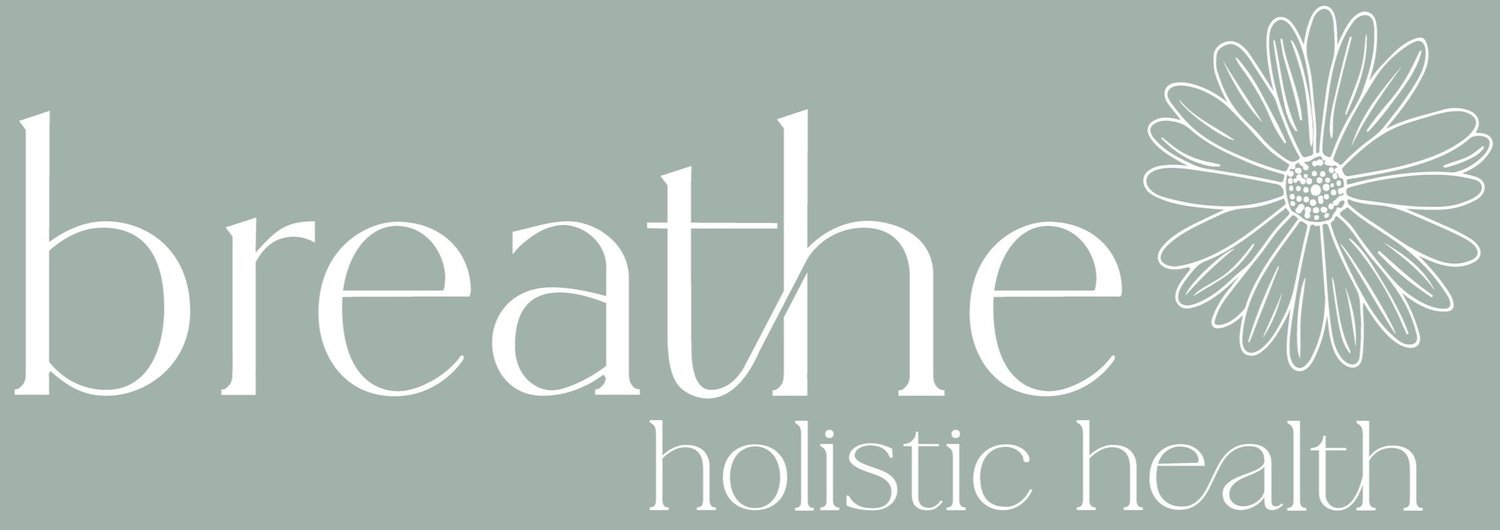
Gold Coast Psychologist
Anxiety
Anxiety is not a bad emotion – it’s a natural response that we all experience, and it has a useful and protective function. When we feel threatened, or in danger, the part of the brain, called the Amygdala, begins to fire off, and we go into what’s called “fight or flight” mode. In an instant, our body reacts to a threat by increasing the heart rate, pumping adrenaline through our body, and our muscles tense up. This is powerful if we need to fight off real danger, but incredibly taxing on the body. The problem that we face in this modern day, is that our Amygdala cannot tell the difference between a real threat or a perceived one. So, receiving that ‘bad’ phone call from your boss, can create the same physical response our ancestors once had, when faced with a tiger or a snake. A panic attack is a more intense and unpleasant experience of the fight or flight response. A panic attack is not life-threatening (even though it might feel this way), and it is NOT an indication of a mental breakdown.
So what happens in your body when you get anxious?
The ‘fight-flight’ response causes the following changes to occur in your body:
Your brain receives information that there is a problem or threat, whether it is real or imagined.
Certain parts of your brain are activated (eg. Amygdala) in order to release chemicals and hormones that are needed to send messages to other parts of your body.
These chemicals cause you to become mentally very alert and it activates your senses.
Adrenaline increases your breathing rate, so that you take in more oxygen to enable you to run or fight.
Your heartbeat speeds up and your blood pressure increases
Your liver releases sugar and other substances into the blood to supply quick energy to your muscles.
Sweating increases to help you cool the body
Blood is diverted to the muscles.
Need more information about how we can help you?
Call our friendly team today (07) 5679 5593 Broadbeach, Gold Coast
When does anxiety become a problem?
Quite often it is not appropriate, not useful, or not possible to fight or run away in response to some of the real and imagined threats that you encounter. When this happens your body is not able to release all the energy it has generated, it is not able to use all the oxygen you are inhaling, and it is not able to process the adrenaline. The short-term consequences of this are all the unpleasant effects of anxiety like dizziness, nausea, shaking or trembling, scary or negative thoughts. Long-term effects of prolonged and intense anxiety include physical health problems and deterioration in your quality of life. It is common to respond to anxiety by avoiding situations that you think might make you anxious and by using (or abusing) substances to cope with your anxiety. Unfortunately, over the long term these strategies are counterproductive as they serve to increase your fear of situations and to add to your problems.

